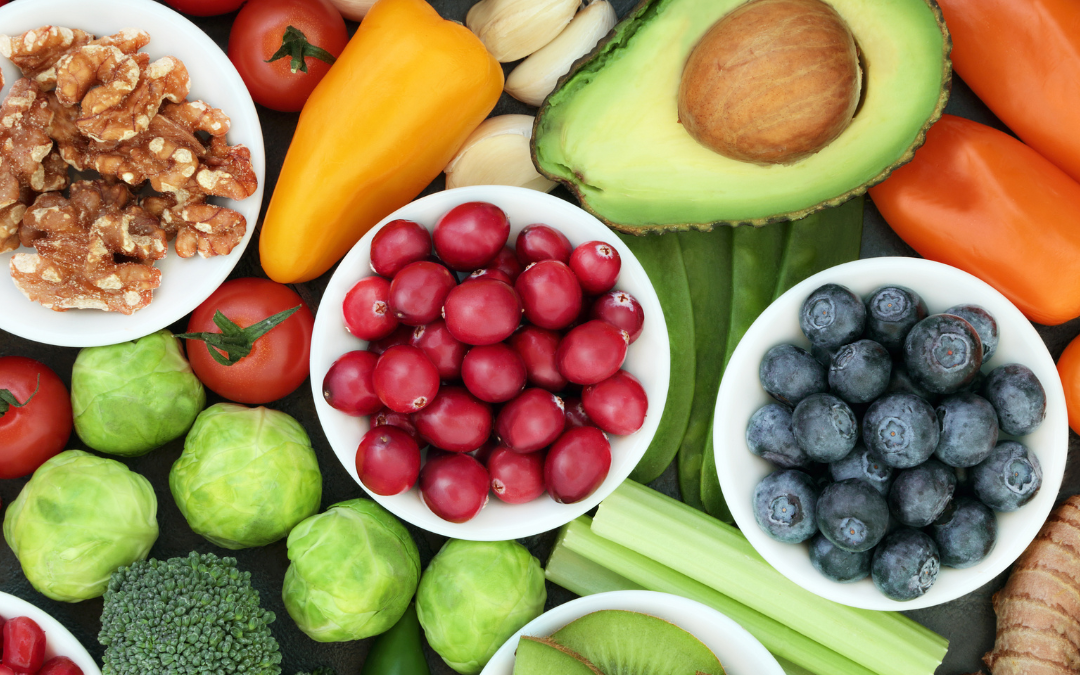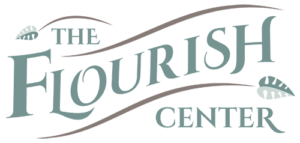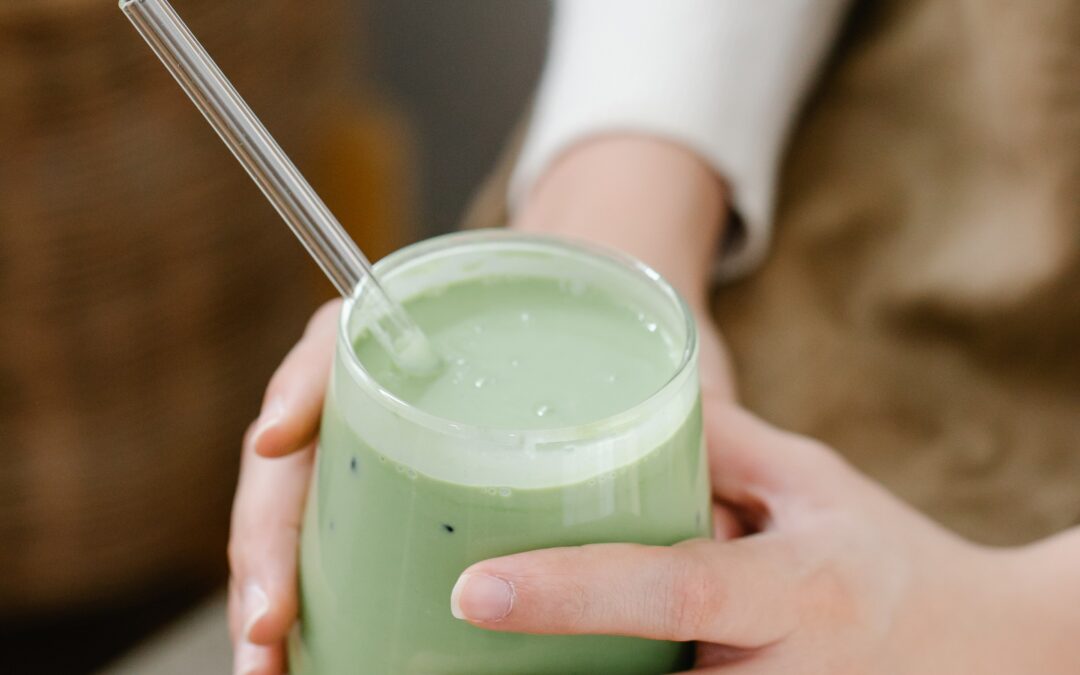
Functional Nutrition at Flourish
Written by our new Functional Nutritionist, Peggy Fisher
Hello! I’m excited to join the Flourish Team and share a little about myself as well as how I can help you in your wellness journey. My mission is helping others discover the transformative power of food to achieve their personal health goals.
As someone with a lifelong interest in health and wellness, I was troubled to see the increasing frequency of chronic diseases, particularly when medical conditions began affecting family and close friends. Observing how dietary changes were able to resolve long standing health conditions for the people closest to me has made me a firm believer in the power of food!
The science is now convincing that our food choices and nutrition are a key factor in our health. Poor nutrition is considered the leading cause of chronic disease in the U.S. and worldwide. The good news is that we have the power to improve our health with simple changes to the food choices we make every day.
All of this made me curious and hungry for knowledge. So, after a successful executive level career in business and marketing, I followed my passion for nutrition and went back to school for my Master’s in Human Nutrition and Functional Medicine, where I graduated with honors.
Functional nutrition is a science-based approach that recognizes how the body works as an interconnected system, beginning at the cellular level. It looks at the underlying causes of health conditions and chronic disease, and how to restore optimal function through food, targeted nutrients, and lifestyle. Nutrition recommendations are personalized to consider an individual’s overall health, food preferences, lifestyle, and goals.
Do you have a health condition or symptoms that could benefit from nutrition therapy? If you are experiencing any of these conditions or symptoms, nutrition therapy can be helpful:
Anxiety
Arthritis
Autoimmune conditions
Bloating & constipation
Brain fog
Depression
Diabetes or Pre-Diabetes
Elevated blood pressure
Elevated cholesterol
Fatigue
Gastrointestinal discomfort/disorders
Headaches
Joint pain
Menopause symptoms
Polycystic ovary syndrome
Thyroid disorders
I’d love to work with you and hear your story. Together we’ll review your health history, current symptoms or challenges, dietary habits, and goals, and then begin an approachable plan to address your needs and optimize your health. There’s no judgment – just personalized dietary coaching, targeted nutrients, and recommendations for incorporating healthy cooking and lifestyle changes into busy schedules.
Use this link to schedule a free 20-minute discovery call. Ready to move forward? Use the code “Flourish2022” for a 25% introductory discount on all services booked through the end of the year. Let’s do this!
~Peggy Fisher, Functional Nutritionist



Recent Comments